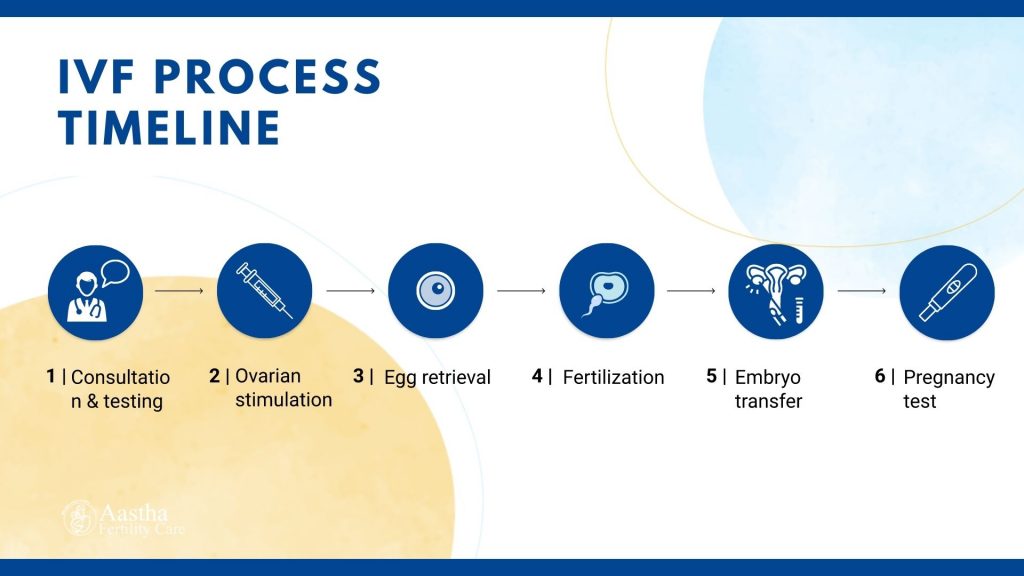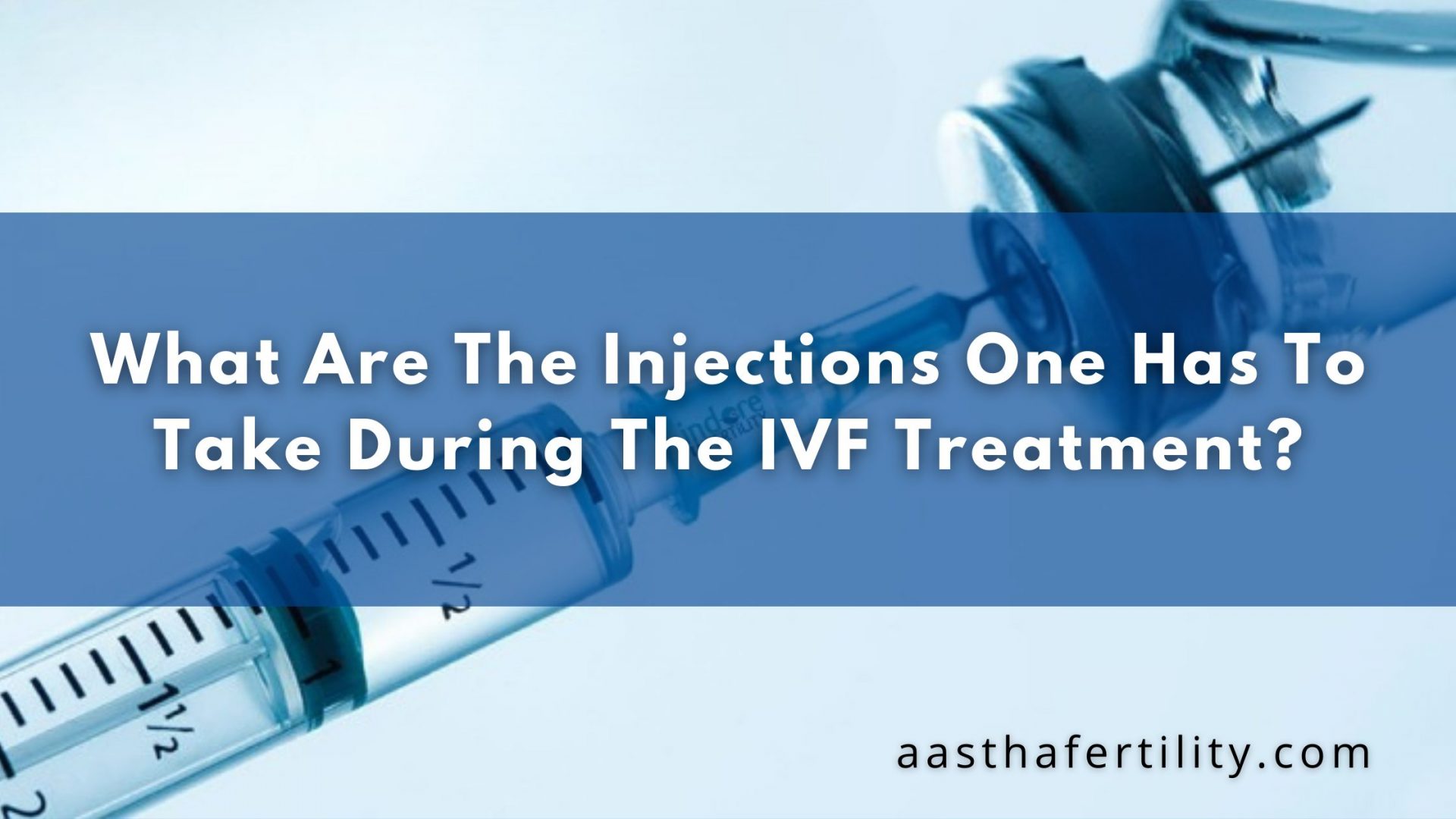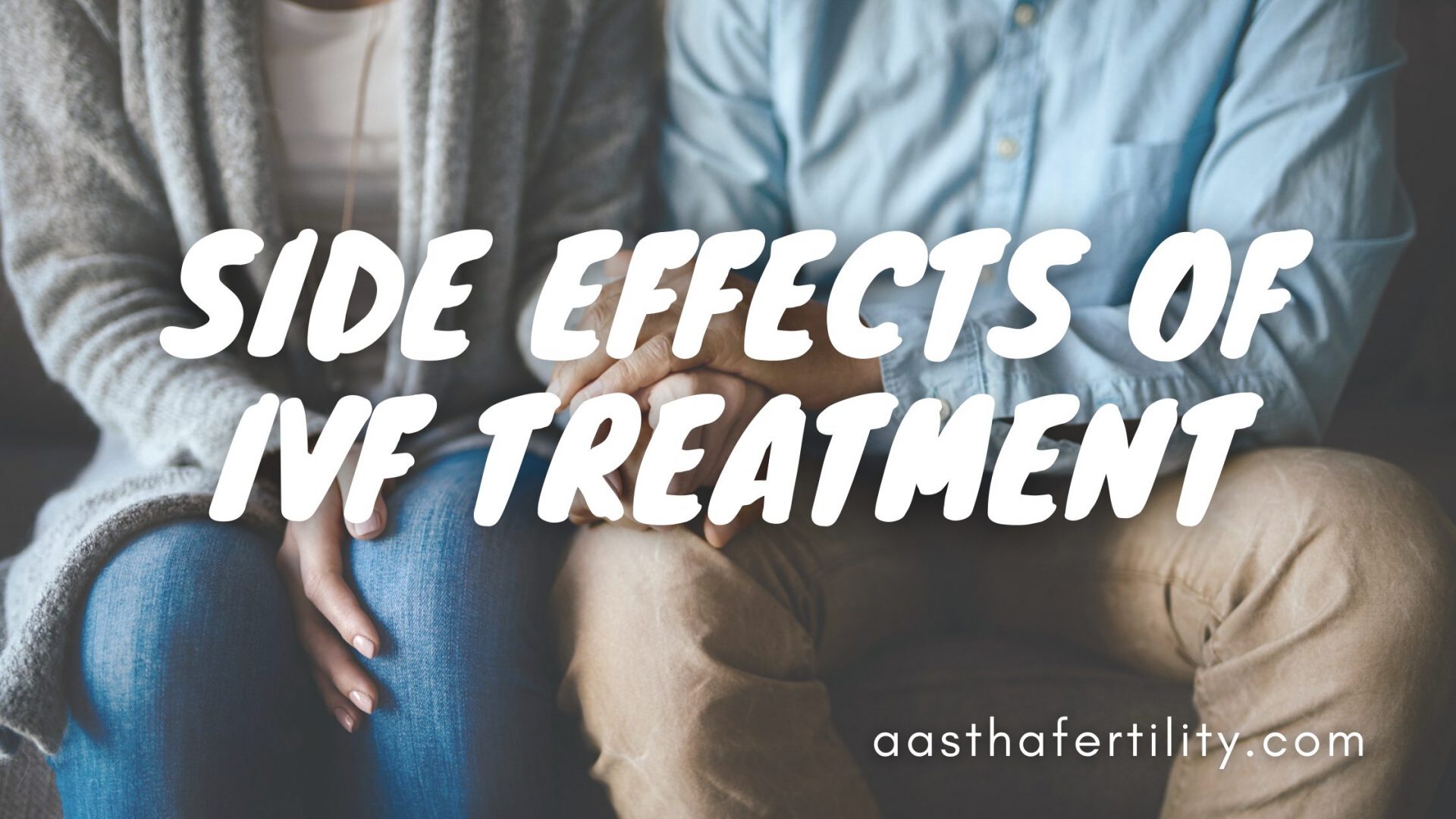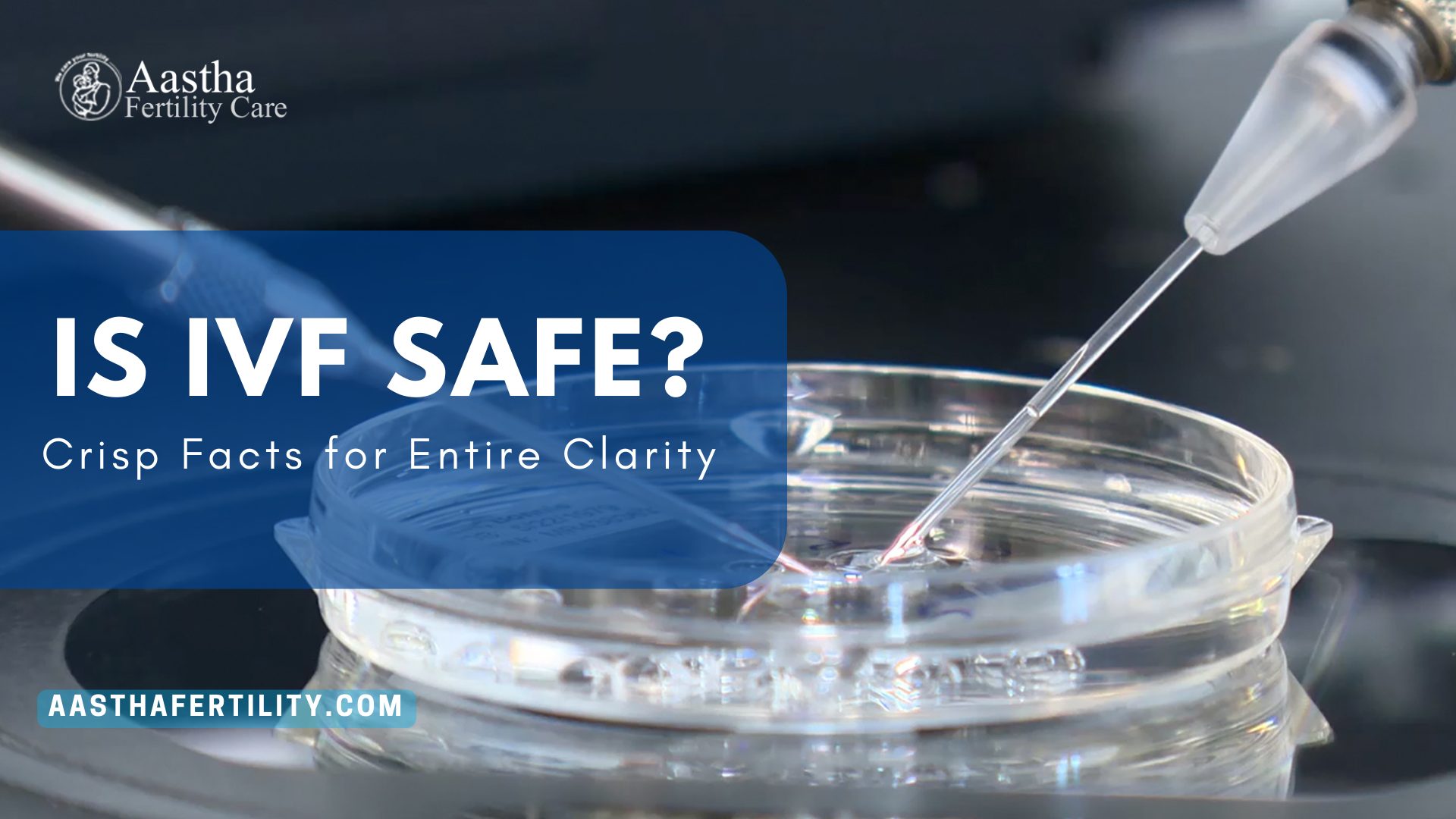Table of Contents
ToggleAssistive Reproductive Technology, advanced imaging processes, and other innovations have made it easy to treat infertility. In Vitro Fertilization, or IVF, is a medical treatment provided in a highly controlled environment for egg fertilization. When other infertility treatments are not effective, IVF works.
But what is the timeline of the IVF process?
It is a medical journey and takes weeks to show the result. Wondering what these two weeks in IVF Process Timeline look like? Worry no more!
Our experts at Aastha Fertility Center have summarized all the authentic and updated details about the IVF process timeline in this blog for your clarity.
How Much Time Does IVF Take?
The overall time covered by the IVF treatment is more than 6 weeks. Medical experts will create your treatment plan and provide you with an IVF timeline calendar. They will also prescribe drugs to be taken to make this process successful.
IVF Timeline
You need to undergo some steps to have IVF treatment. Every infertility case is different, so you may find a variation in the timeline.

Step 1- Consultation With Doctors For Testing
During your first appointment with a doctor, our expert will review the medical history of you and your spouse. At this time, you can ask any relevant questions about the treatment. If you are well informed, you will feel comfortable. The specialist will recommend some tests like blood panel tests, ultrasound, uterine lining tests, sperm analysis, disease screening, and male fertility tests.
You need at least 1 to 2 visits to the clinic before starting the treatment.
Step 2- Ovarian Stimulation
The ovarian stimulation process facilitates multiple oocyte retrieval during the IVF cycle. Prescribed medications stimulate two hormones-
- FSH works on follicles to promote their growth. With the decline of FSH levels before ovulation, non-dominant follicles die.
- On the other hand, there is an increased level of LH hormone to facilitate ovulation. A dose of hCG also stimulates the ovulation process.
The timeline for ovarian stimulation may vary with protocols. However, the process takes almost 8 to 14 days on average.
Step 3 – Egg Retrieval
Before beginning the egg retrieval process, ultrasound technology is used to measure the size of follicles. The diameter of matured follicles may range from 15 to 20 mm.
While undergoing the egg retrieval procedure, you need to take anesthesia medications.
The process involves passing a needle through the vaginal to access the follicles and ovary. Your follicles have fluid that is removed through the needle. It ensures an easy detachment of eggs from the wall of follicles.
The complicated oocyte cumulus is extracted from the wall.
The overall process is accomplished in at most 20 to 30 minutes.
Step 4 – Fertilization
Eggs retrieved undergo fertilization. It is a laboratory process where eggs are introduced into a petri dish (that has sperm). However, Intracytoplasmic Sperm Injection also facilitates fertilization.
Insemination is the main step for fertilization. Professionals isolate healthy eggs in a lab. Then, the sperm of your donor or partner is placed in a petri dish to fertilize eggs. But, before starting insemination, your healthcare provider will separate good sperm from the semen. It is also called sperm washing.
The timeline for this process ranges from 18 to 20 hours.
Step 5 – Embryo Culture
Embryo culture is another vital step for your IVF treatment. It is a process where eggs obtained from ovaries are mixed with sperm. After fertilization of eggs, the process continues to promote embryo development. Highly trained professionals monitor the process until the embryo is transferred successfully.
Also read: Positive Signs of Embryo Transfer
They choose a special medium to culture the embryo. Proper temperature is also essential for the survival and optimal growth of embryos. Professionals will choose the embryo that survives and use it for implantation.
Depending on your reproductive condition, embryo culture takes 3 to 5 days. But, the transfer process needs only 15 to 20 minutes.
Step 6 – Pregnancy Test
The pregnancy test determines whether the IVF cycle has been successful. You must visit the clinic at least two weeks after transferring the embryo. The doctor will take a blood sample from the patient during the test. The test measures how much hCG hormone is present in your blood. If the hormone level is higher than usual, it indicates your pregnancy.
You must not rely on at-home kits for this test. It is always safe to choose the official test for confirmation.
Step 7 – Follow Up
If the test result is positive, you need multiple follow-up appointments. The doctor will ask you to schedule an ultrasound after a few weeks.
Aastha Fertility- The Best Clinic For The IVF Treatment
Aastha Fertility Care is one of the trusted clinics with a team of qualified infertility treatment specialists. The clinic provides infertility treatments, including ART, IVF, ICSI, and cryopreservation. Even couples who have experienced multiple IVF failures found success at Aastha Fertility. Your treatment starts after an infertility counseling session. If you’re planning to opt for IVF or are confused about whether it will help you with the desired advantages, then our experts will help you with the details.
Frequently Asked Questions
1. What delays the IVF process?
In most cases, medical, financial, and logistics factors are responsible for the delay. Besides, embryo screening and suboptimal hormone levels are other reasons behind this problem.
2. Why should I take birth control pills before starting IVF treatment?
Oral contraceptives must take at least ten days before fertility drugs. These pills raise the number of eggs needed for retrieval. They also ensure follicle growth and maintain ovarian health during your IVF cycle.
3. When can I check my pregnancy after the embryo transfer?
A pregnancy test will not always give you the correct result when done too early. After embryo transfer, you should wait nine days to take a pregnancy test.
4. When can I repeat the treatment if the first IVF cycle is unsuccessful?
Fertility treatment providers recommend waiting 30 days between IVF cycles.





Leave a comment